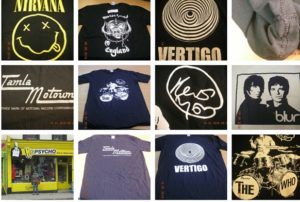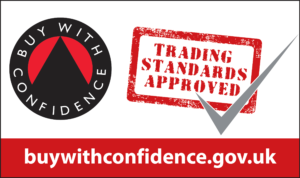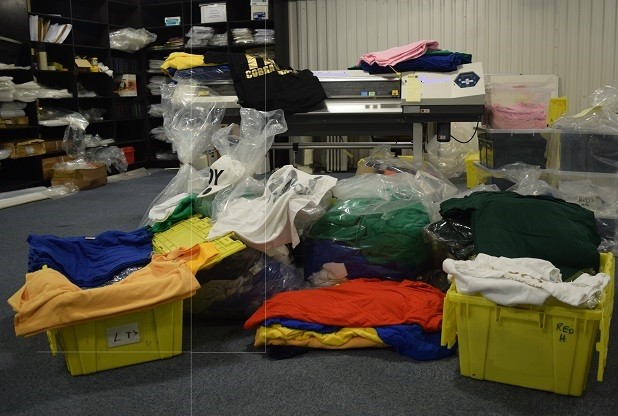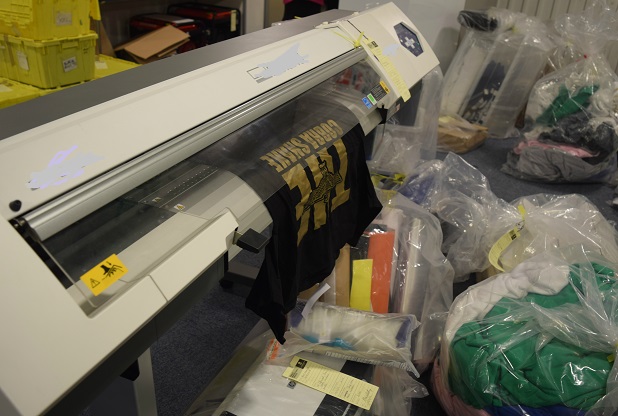This successful prosecution followed a covert operation by Surelock, working on behalf of TRAP (Trade Mark and Rights holders Against Piracy). We identified eBay sites, made test purchases of our clients’ counterfeit merchandise, then worked in association with South Gloucestershire Trading Standards to identify the offenders and raid the premises.
A Wickwar man has been given a three-month curfew and ordered to repay nearly £25,000 after being found guilty of selling hundreds of counterfeit music T-shirts online.
Andrew Minter, 55, of High Street, sold over 1,600 shirts emblazoned with the logos of popular bands including Motorhead, the Ramones and Blur.
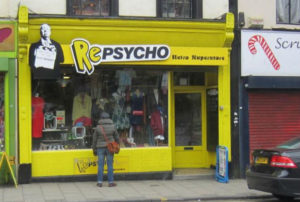
Minter made £17,000 over four years of trading the fake goods on auction site eBay.
His activities came to light after a brand investigator discovered him trading online and made several test purchases, all of which turned out to be counterfeit. The investigation was then taken over by South Gloucestershire Council Trading Standards.
Officers executed a warrant on April 17, 2015 at Minter’s home address in Wickwar and also at his business premises on Gloucester Road, Bristol, which resulted in a quantity of business documentation and counterfeit clothing being detained.
Investigations of his eBay and Paypal accounts found he had sold 1,608 fake T-shirts, for between £10 and £12 each, for four years to people in Australia, Russia and the USA as well as in the UK.
Minter pleaded guilty at an earlier court hearing to two charges under the Trade Marks Act 1994 and was sentenced at Bristol Crown Court on Thursday (May 5).
He was ordered to carry out 100 hours of unpaid work and was given a three month curfew order.
He was also ordered to pay full prosecution costs of £6,299.07 and to repay the benefit made from the crime to the tune of £24,729.72. The amount must be paid within three months or he will serve nine months in prison.
In interview Minter claimed that he had bought the counterfeit t-shirts from an unidentified man who came to his shop in 2011. He said he continued to purchase several more consignments from the man and always paid him in cash.
In court, Judge Martin Picton agreed the t-shirt sales did not constitute a large scale operation, but they did constitute a significant number of items and sales which continued over a four-year period. He also ordered that all counterfeit stock that was seized by Trading Standards be forfeited.
Neil Derrick, senior Fair Trade officer for South Gloucestershire Council Trading Standards, said: “We welcome today’s sentence.
“The biggest penalty for Mr Minter is that he has to pay back nearly £25,000 or face imprisonment.
“Traders must be very careful about buying branded stock from unidentified sellers for cash, as counterfeiting is big business, but it is also a crime.”
Anyone wishing to report sales of counterfeit goods can do so in strictest confidence by calling the Citizens Advice Consumer Helpline on 03454 040506.
Full story:

